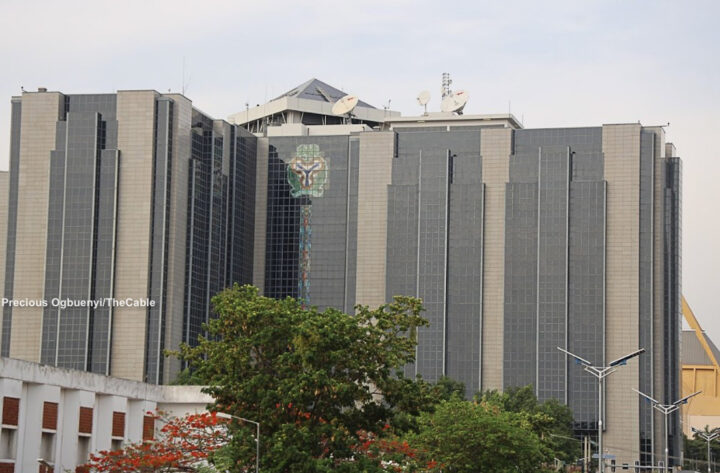The Central Bank of Nigeria (CBN) says the new 75 percent cash reserve ratio (CRR) on non-treasury single account (TSA) public sector deposits will not prevent account holders from accessing their funds.
The clarification follows the monetary policy committee (MPC) introducing the measure to address the build-up of liquidity from inflows into the non-TSA accounts.
Non-TSA public sector deposits are government-related funds (ministries, departments, agencies, parastatals, or state-owned entities) that are still kept in commercial banks instead of the TSA.
At its latest meeting, the MPC announced a raft of policy adjustments, including the new CRR rule.
Advertisement
The new rule implies that the CBN is now requiring banks to set aside 75 percent of such non-TSA government deposits as reserves.
In a frequently asked questions (FAQ) document published on its website on Tuesday, the apex bank said the requirement is intended to ensure that non-TSA public sector deposits do not add to inflationary pressures and undermine the current momentum of disinflation.
“Funds belonging to these accounts are safe and are accessible at the commercial banks at any time,” the CBN said.
Advertisement
“Commercial banks have in-built mechanisms for managing liquidity and meeting legitimate obligations of all their customers, including owners of these accounts.”
It added that lenders have in-built mechanisms to manage liquidity and meet obligations, while the central bank provides short-term lending support through its standing lending facility.
At the same meeting, the MPC reduced the CRR for commercial banks to 45 percent, in a move designed to ease liquidity pressures on lenders and create more room for credit to the private sector.
“The recent reduction in the CRR by the MPC seeks to ease the liquidity burden on commercial banks, thereby providing more room for productive lending and intermediation, while maintaining sufficient sterilisation to guard against inflationary pressures,” CBN added.
Advertisement
The committee also narrowed the standing facilities corridor around the monetary policy rate (MPR) to +250/-250 basis points from +500/-100 previously, effectively introducing a symmetric corridor.
CBN said the adjustment aims to minimise volatility in overnight rates, deepen interbank market efficiency, and improve monetary policy transmission.










